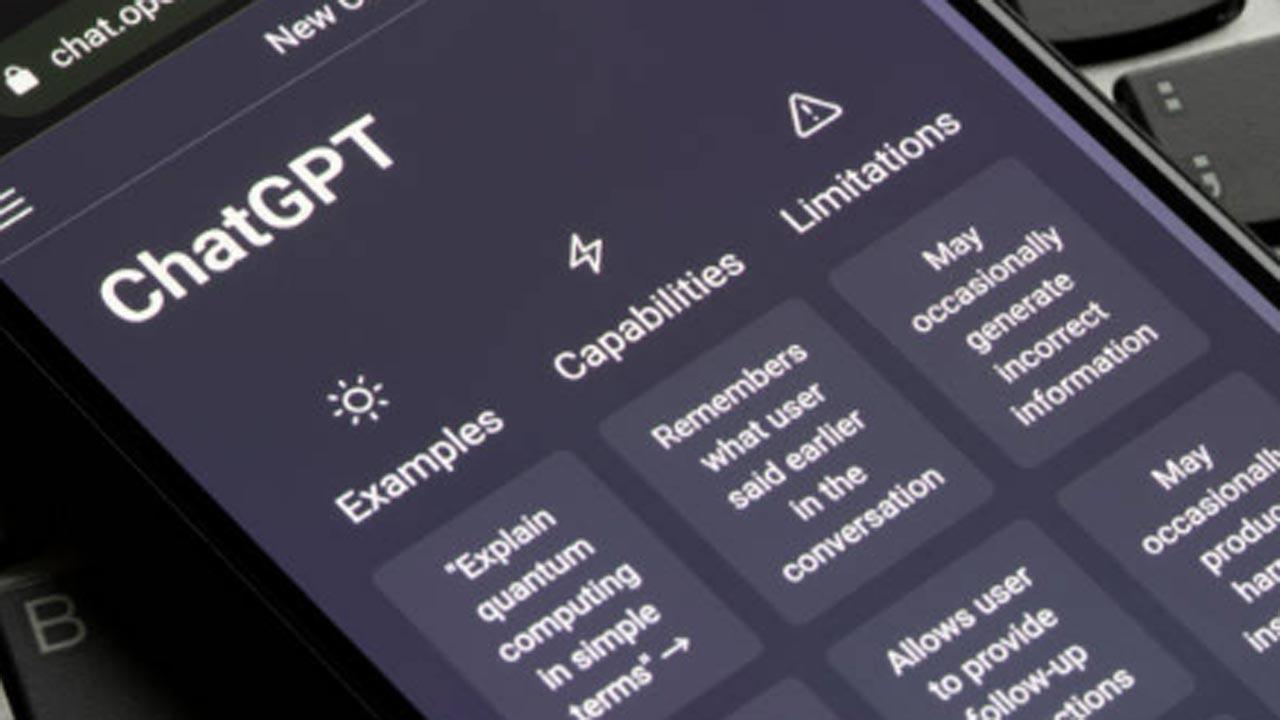With ChatGPT starting to infiltrate every aspect of our daily lives, 78 per cent of Indians surveyed were also unable to spot the difference between a love letter written by the AI chatbot and the one written by a human, according to the report by cyber-security company McAfee

Image for representational purpose only. Photo courtesy: istock
Around 62 per cent of Indians who were surveyed under this study are planning to use the AI chatbot ChatGPT to help write their love letters this Valentine's Day, the highest out of all the countries surveyed, with 73 per cent also using AI to boost their dating profiles, a report showed on Thursday.
ADVERTISEMENT
With ChatGPT starting to infiltrate every aspect of our daily lives, 78 per cent of Indians surveyed were also unable to spot the difference between a love letter written by the AI chatbot and the one written by a human, according to the report by cyber-security company McAfee.
The vast majority (60 per cent) of Indian respondents preferred a machine-generated love note.
The most popular reason given for using AI as a ghost-writer was that it would make the sender feel more confident (59 per cent), others cited lack of time (32 per cent) or lack of inspiration (26 per cent), while 14 per cent said it would just be quicker and easier, believing they would not be found out.
However, 57 per cent of respondents said they would be offended if they found out the note they had received was produced by a machine.
"With Valentine's Day around the corner, it's important to stay vigilant and use security solutions that can help safeguard your privacy and identity and protect you from clicking on malicious links a scammer might send," said Steve Grobman, McAfee Chief Technology Officer.
"It is easy to drop your guard when chatting to a potential partner but it's important to be on alert if you're asked suspicious requests for money or personal information," Grobman added.
With the rise in popularity of artificial intelligence, particularly tools such as ChatGPT that anybody with a web browser can access, the chances of receiving machine-generated information are on the rise.
In fact, 76 per cent of Indians admit to being catfished -- which is when somebody pretends to be someone they're not online -- or knowing somebody who has.
Additionally, 89 per cent of Indian respondents have engaged in direct conversations with strangers on social media across platforms, compared to 66 per cent globally.
"Those looking for love are often more vulnerable to scams, and cybercriminals use that to their advantage, engaging in long, sophisticated attempts to steal from their victims," said the report.
Read More: Here are the dating deal breakers for single Indians ahead of Valentine's Day 2023
This story has been sourced from a third party syndicated feed, agencies. Mid-day accepts no responsibility or liability for its dependability, trustworthiness, reliability and data of the text. Mid-day management/mid-day.com reserves the sole right to alter, delete or remove (without notice) the content in its absolute discretion for any reason whatsoever
 Subscribe today by clicking the link and stay updated with the latest news!" Click here!
Subscribe today by clicking the link and stay updated with the latest news!" Click here!







